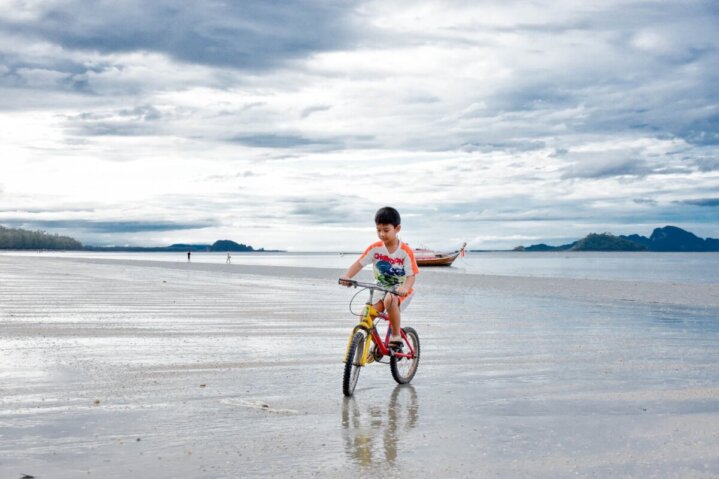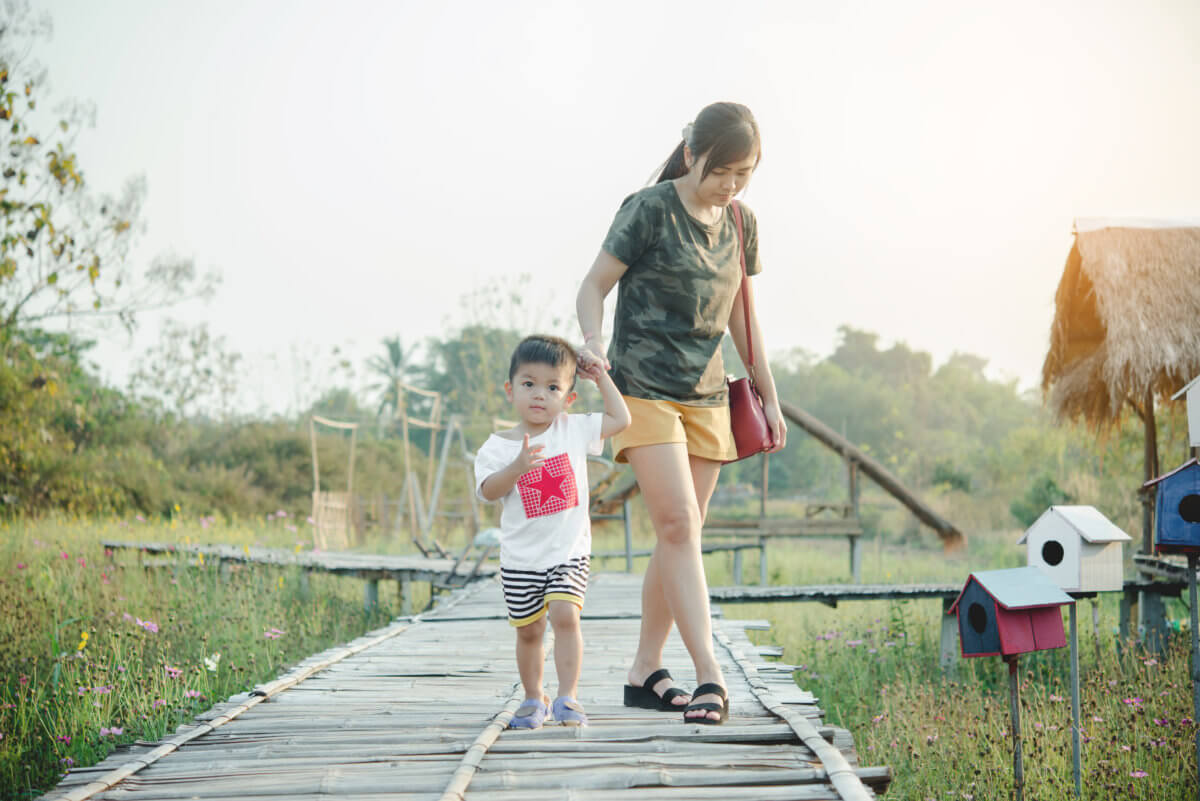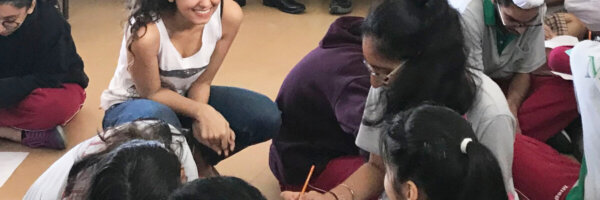
Parenting expat kids
The next generation of global citizens from everywhere, from nowhere
For third culture kids answering the question “where are you from” is not so simple. For the children of expats this explanation can take embarrassingly too long and cause some anxiety. Should the answer be one of nationality, where one was born, where one lives presently? Even where ones parents are from?
It was American sociologist Ruth Useem who in the 1950’s first coined the term third culture kid (TCK). She was studying the children of Americans living and working in India. The term was conceived to describe expatriate children who spend their formative years outside of their home country. They are shaped by the multicultural, nomadic spheres of their parents, many of whom are diplomats, military members or working for major multinational corporations. What she observed more than half a century ago rings true today still. Third culture kids are a globe spanning, diverse and highly adaptable lot.
As expat parents many of us find ourselves in the position of raising third culture kids. Even if we have recently moved abroad, the transition from “regular” kid to TCK happens faster than your shipping container might arrive. There are a few fail proof signs to determine if you are dealing with a third culture child. 1) The child’s accent changes depending on who they are talking too, 2) Even young children are very, very good a calculating time differences and flight durations 3) They pick up multi-language curse words before they can pass grade five spelling, 4) They know how the McDonald’s menu varies drastically from country to country. 5) They can convert the price of any toy to least two different currencies in an instant. There is a certain sparkle and fascination when it comes to this group, those with the well stamped passports and perfect recall of the best airport lounge food offerings.

With the exception this past year due to Covid-19, expat families find themselves relocating frequently to locations that reach even the most remote corners of the globe. Children often transfer from one international school to the next every three to five years. They are exposed to communities populated by peers from dozens of nations with a melting pot of languages, customs and traditions that blend together. From this eclectic realm the concept of the “third” culture is born.
Each expat community differs in terms of the mix of precise backgrounds and nationalities, but what remains consistent is how expat groups prioritise spending time with each other. Their shared experience in a perpetual loop morphing from newbie, to fully settled in, to prepping to move again is at once both relatable and frustrating. There is the initial excitement, then the big ambitious plans to master the local language to the realisation that the posting is nearly complete and it will soon be time to pack out! Expat community members relate to one another on a level that acknowledges this state of impermanence, of always upcoming mobility whether for the annual trek back home to visit family or the move to the next post. The children of expats historically were even pigeonholed into smaller, less complimentary, category labels reflecting where their parents worked – “Army brats,” “biz kids,” “diplo brats,” even “oil kids.” Putting these belittling labels aside, third culture kids do have a unique upbringing. They are comfortable within multicultural settings. They typically are better equipped to deal with newness and change. They have to hone these skills to thrive, after all.

But it is not always smooth sailing for these cultural chameleons. There are some unique challenges to raising third culture kids. Most important may be the stress level they experience when the time comes to repatriate to their home country. A stress that can be compounded by the anticipation of culture shock their parents themselves expect imminently as well. The simplicity of early childhood is a time under appreciated by TCK parents. At the time, parents are too exhausted to recognise the early years are the “honeymoon phase” of third culture kid parenting. The inherently adaptable child will be amendable to trekking along on a variety of outings, even the “boring” cultural stops or rustic hikes through remote hillsides. The challenging teenage years are when the TCK will typically feel more worry over peer issues, fitting in or more accurately worry about being different. These life disruptions do run the risk of having lasting effects from loneliness to depression.
Yet, overall, most highlight that the benefits far outweigh the drawbacks of raising third culture kids. The experience also can bring the family closer through these shared times of change and adjustment. So, let’s celebrate the benefits of today’s TCK – an ever digitally connected, creative and curious tribe. This child can become bilingual or multilingual, a skill exceptionally seamless to achieve in the early years when language skills are developing. They can gain a truly worldview perspective getting up close knowledge of everything from cultural events to civil unrest. They can be more sensitive and empathetic to people from different backgrounds and socio-economic groups. They will be highly adaptive. They will have killer stories to share with friends back home and their own children in the future. They will have a network of friends around the globe. They will always think a flight under five hours is a quick commute. They will be natural mathematicians needing to calculate cost of goods between currencies, Amazon import fees and time zone differences for social media chats with friends across an array of globe time zones. They will have a diverse range of favourite foods, goofball jokes and corny songs to love.
Some say being a third culture kids creates a risk of being rootless. Never fully belonging to one place over another. I believe it brings choice, freedom, and adaptability – benefits that are priceless.



